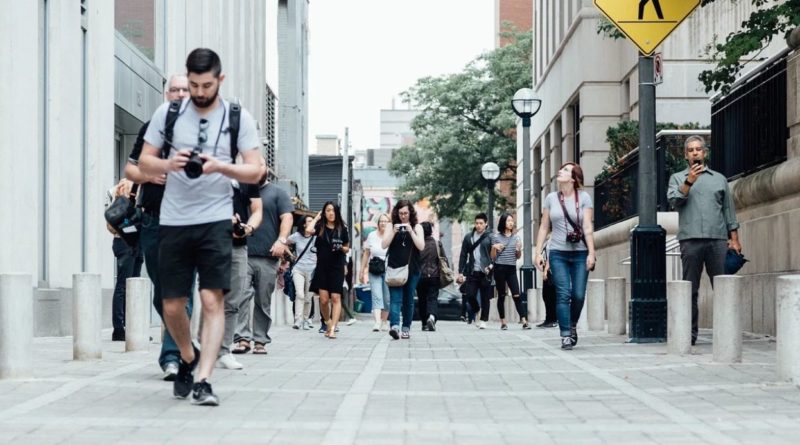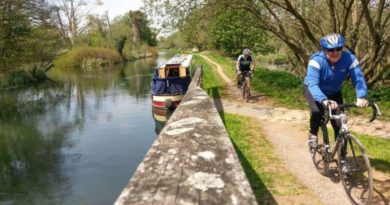Build for walking and cycling to trim death rate, says Health Foundation
New research conducted by charity the Health Foundation utilising the WHO’s HEAT tool has found that if the UK were to achieve a 30-minute weekly addition to walking and cycling rates as many as 6,100 premature deaths could be prevented.
With car and heavy goods vehicle use rising faster on the back of lockdowns than other transport modes, including public transport, the analysis also notes that while restrictions have been in place, there has been a clear rise in walking and cycling which the researchers say presents an opportunity for policymakers to further encourage greener and healthier forms of travel by investing further in the infrastructure that supports these activities.
“It is essential that the government embeds these aims in new infrastructure projects,” believes David Finch, Senior Fellow at the Health Foundation, who added: “A good transport system is essential for a healthy society. The impact of air pollution on health is well known but transport affects the health of people across society, in multiple ways. Investing in transport is one way we can help address widening health inequalities and regional disparities in people’s health.
The research reveals that increasing levels of walking and cycling in all regions of England to that of regions with the furthest distance walked or cycled (South West under 50s, East Midlands over 50s) could prevent 1,189 deaths per year. And if exercise levels increased each week by a combined 30 minutes of cycling and 30 minutes of walking – a relatively small increase across the population as a whole – there would be an annual reduction of around 6,100 deaths.
Based on the World Health Organisation’s Health Economic Assessment Tool, the study suggests that most of this improvement (around 80%) would come from those aged 50 to 74, with the greatest possible improvement in the rate of prevented deaths in the North East and West Midlands given the lower levels of cycling and walking there currently. The South East would see the greatest possible reduction in the number of deaths, mainly due to the larger population in that region.
“The investment required to support the UK’s recovery from the COVID-19 pandemic presents an opportunity to reshape our transport infrastructure and “level up” access. It is essential that the government embeds these aims in new infrastructure projects, to increase safe cycling and walking facilities and to improve the availability, reliability and affordability of public transport services.”
Walking and cycling are increasingly a key transport and climate policy issue. This week a Welsh cross party political group put forward a policy document ahead of the Senedd elections urging political parties to get serious on a range of active transport policy issues that hold public support.



